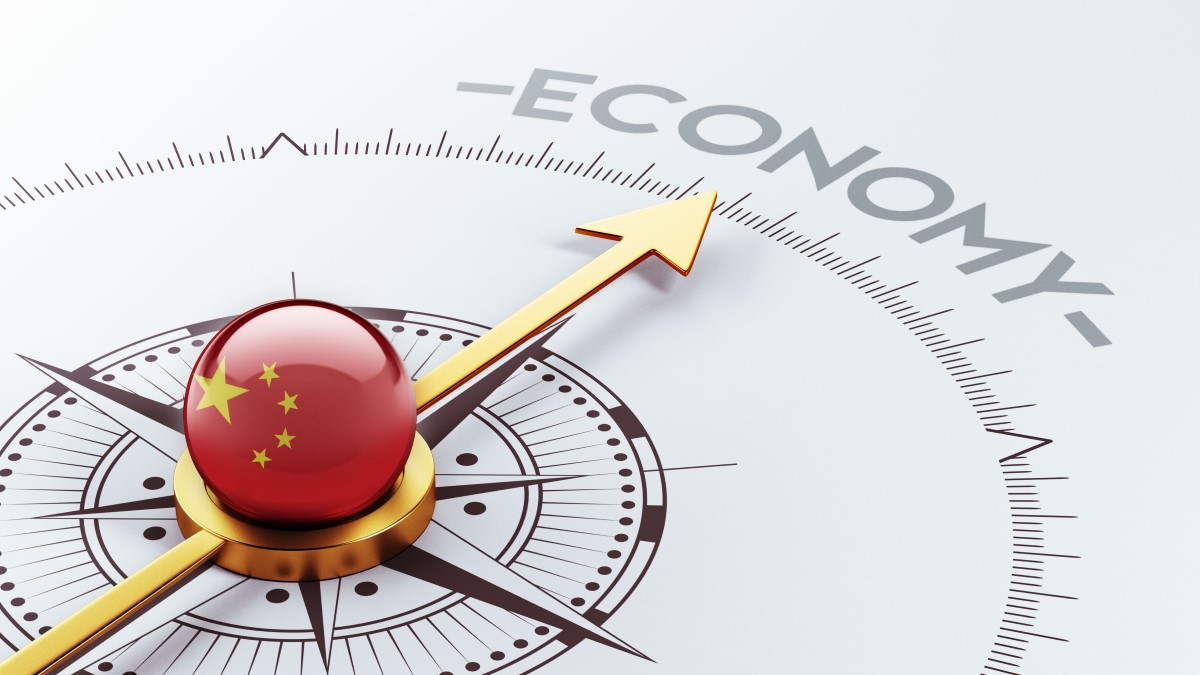The pandemic has revealed the abilities of China. This is the ability to wreak havoc on the global economy. Moreover, it has cut off our access to essential supplies.
The malicious actions of the Chinese Communist Party should come as no surprise. Moreover, unfair trade tactics, decades of failed engagement, and Western investment built China into an industrial behemoth. Thus, it gave the Chinese Communist Party control over the world’s supply of medical equipment, pharmaceuticals, and other essential goods.
The CCP was using cheap goods, manufactured with stolen technology. Moreover, the party used this to buy the silence of the West concerning its appalling aggression in Tibet, Xinjiang, Hong Kong, and elsewhere.
Those problems are not new. However, they have become more visible, for the public, that is. Our passive dependence on China for essential supplies is posing a grave threat.
Thus, the United States must embrace new policies. Policies for securing global supply chains and revitalizing industry at home. Congress must immediately focus on achieving the Pharmaceutical supply chain of America.
The United States invested heavily in drug development and discovery. China prioritized pharmaceutical manufacturing. This gave massive support to domestic producers to undercut foreign competitors.
Most Americans will be shocked by learning that most active pharmaceutical ingredients are made in China. Seventy percent of acetaminophen, between 40 percent and 45 percent of penicillin, and 95 percent of ibuprofen comes directly from China. Only 28% of facilities that make API are in the United States.
China is Wrong
That level of dependence is critically dangerous. Nevertheless, we cannot merely wish away this problem with a one-size-fits-all mandate. Instead, Congress must consider more targeted bills for supporting an industry that has long been in crisis.

Thus, we have two bills that can do this. First is the SAM-C (Securing America’s Medicine Cabinet) act. Second is the Protecting our Pharmaceutical Supply Chain from China Act. Those two acts will set predictable guidelines for the pharmaceutical industry. Moreover, it would incentivize the manufacture of domestic drugs and give federal agencies the tools they would need to shelter American patients from unsafe Chinese medicines.
Currently, the Drug and Food Administration cannot calculate how dependent American pharmaceutical companies are on APIs in China. Protecting our Pharmaceutical Supply Chain from China will make that information available. It will require that companies disclose the sources for their finished drug products and APIs.
The bill will prohibit federal health programs like Medicare and VA hospitals from purchasing drugs made with Chinese APIs.
Regulations alone can come at a considerable cost. Thus, incentives and other long-term support for companies in America must accompany those changes. Also, the SAM-C Act will expand existing programs of the FDA to approve Advanced Manufacturing Pharmaceutical Technologies. Those new processes will allow engineers and scientists to prevent critical drug shortages. It will also bring jobs in the pharmaceutical manufacturing industry back to the United States. To ensure workforce training and development, the legislation will authorize a $100 million budget.
The pandemic altered our relationship with China fundamentally. Thus, our policies and attitudes must change too.













